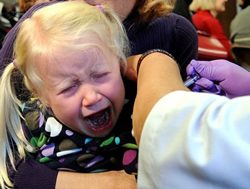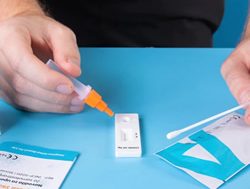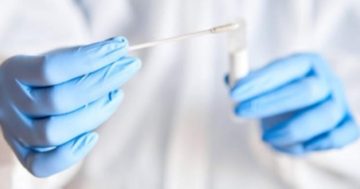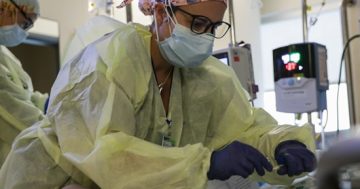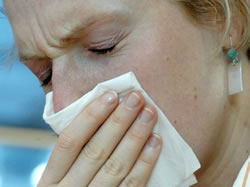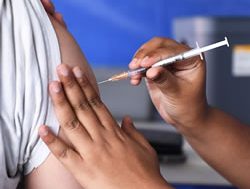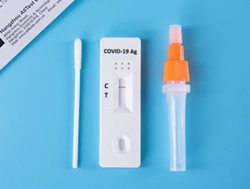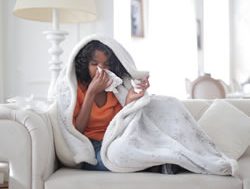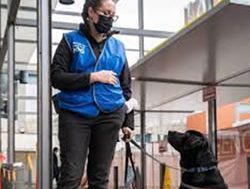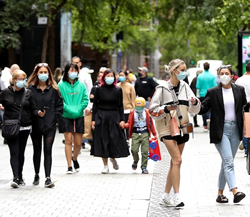 NSW Health is urging the community to continue to look out for one another following the end of mandatory COVID-19 isolation on Friday (14 October).
NSW Health is urging the community to continue to look out for one another following the end of mandatory COVID-19 isolation on Friday (14 October).
Chief Health Officer Kerry Chant asked people to stay home if they had cold or flu-like symptoms, get tested and, if they must head out, to wear a mask.
Dr Chant said everyone knew from experience what worked best to protect one another from COVID-19 “so please, continue to take those simple but important steps”.
“In particular, we urge people to please stay at home if they have cold or flu-like symptoms such as a runny nose, sore throat, cough or fever and go and get tested,” Dr Chant said.
“If you have COVID-19 you may be infectious for up to 10 days but you are most infectious in the two days before your symptoms start and while you have symptoms,” she said.
“If you have to leave the house while unwell, wear a mask when indoors and on public transport, avoid large gatherings and indoor crowded places, and don’t visit high risk settings, such as hospitals, aged or disability care facilities for at least seven days.”
Dr Chant said people should talk to their employer about when they could safely return to the workplace, with the risk to be managed under occupational health and safety frameworks.
High-risk settings such as hospitals, disability and aged care facilities have been advised by the Chief Health Officer that staff should only return to these settings after seven days, subject to their own work, health, and safety assessment, and if symptom-free.
“It is important we continue to think of others, especially those most vulnerable and the best thing people of all ages can do to protect themselves remains to make sure they are up to date with their COVID-19 and influenza vaccinations,” she said.
While registration of a positive rapid antigen test (RAT) is no longer mandatory, NSW Health is asking people to continue the practice voluntarily.
“Registering a positive RAT through Service NSW allows us to connect people to medical care, particularly older people and the immunocompromised, and it also helps inform our ongoing public health response,” Dr Chant said.


